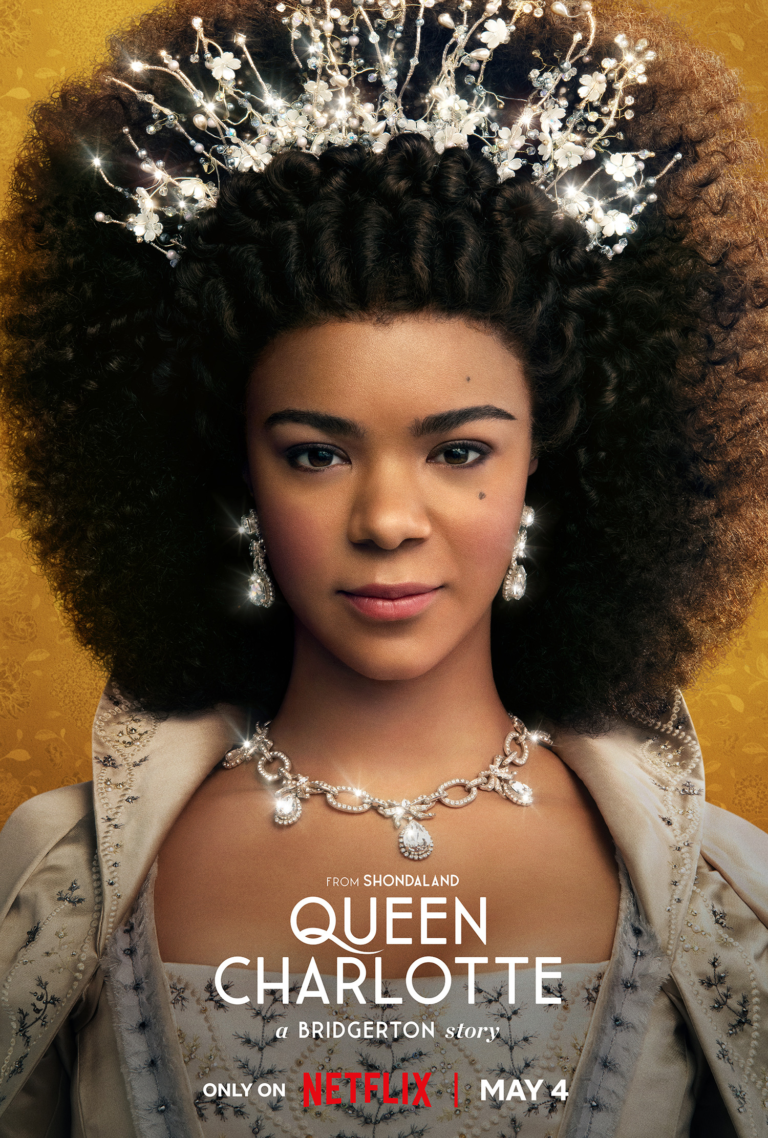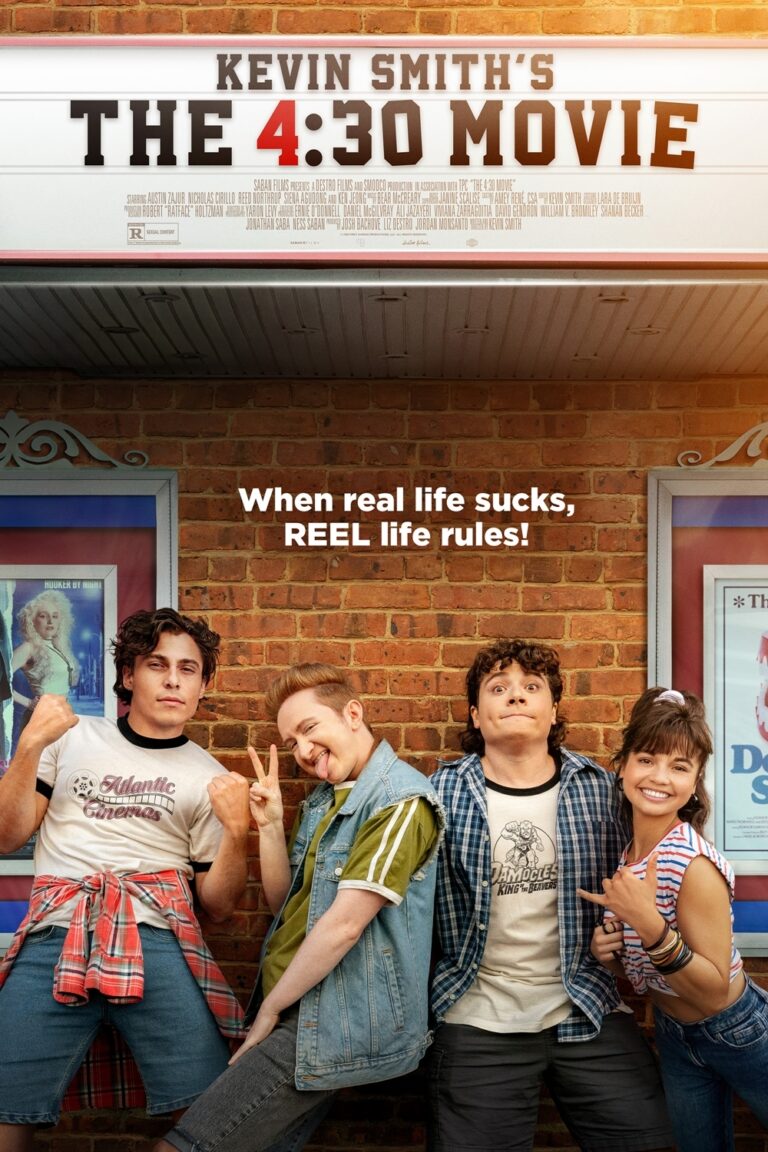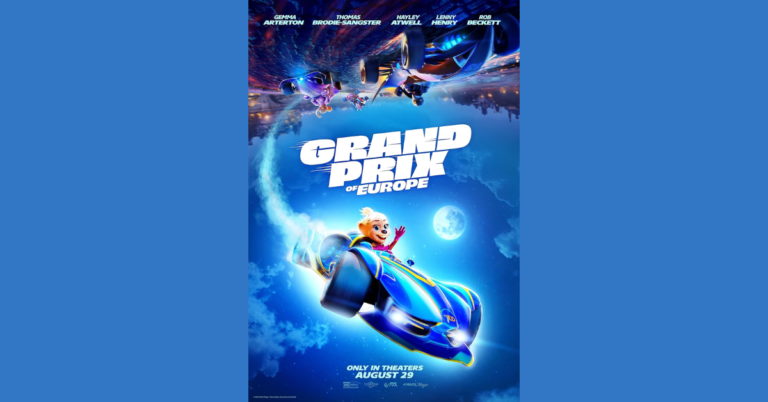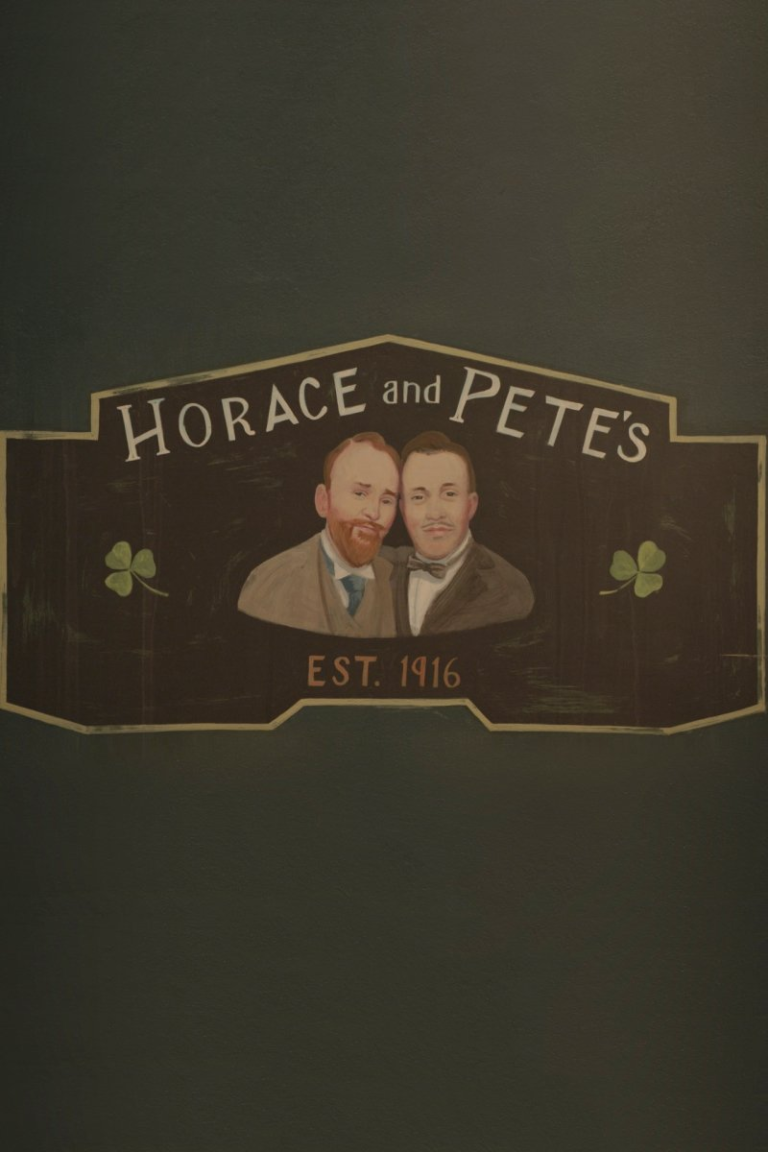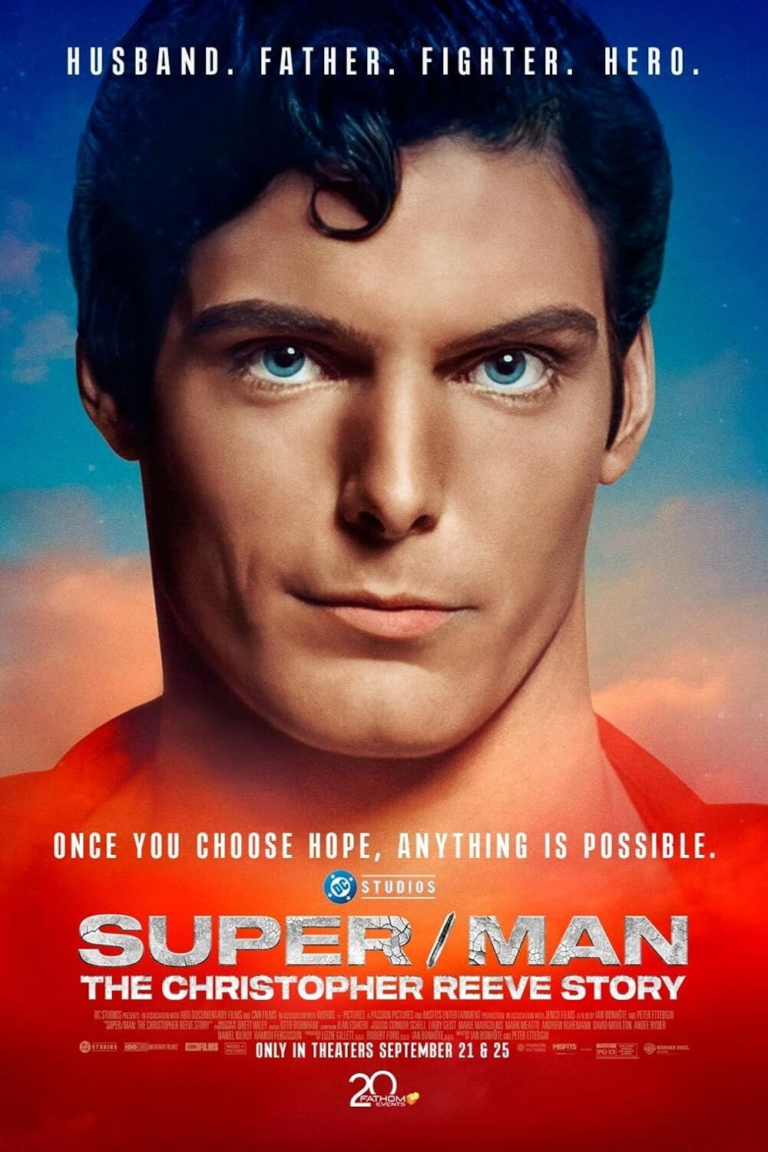Look Back Christian Review

I watched Look Back recently, and it left a pretty deep impression on me. It’s one of those films that you sit with for a while afterward, processing not just what it’s saying, but how it says it. It’s a short, beautifully animated story that feels like a meditation on art, creativity, and loss. You can’t help but feel the emotional weight, and it packs a surprising punch for something so brief. There’s an understated intensity to it that sticks with you. But for me, as a Christian, it also stirred up thoughts about how we relate to creativity and suffering in light of our faith.
At its core, Look Back is about the human drive to create—and how that drive intersects with the messier realities of life, like loss, tragedy, and our longing for meaning. In many ways, it’s a reflection of what it means to live in a broken world while trying to make something beautiful out of it. And that’s a tension Christians know all too well. So, let’s dive into what this film does well and how it speaks to those deeper truths about art, suffering, and community.
Creativity as an Echo of the Divine
Right from the start, Look Back pulls you into this world of art and creation. The main characters are manga artists, and through their journey, the film really captures what it feels like to pour your heart into something creative. Whether they’re drawing in solitude or working alongside others, you see the emotional highs and lows, the struggle to make something that matters. And honestly, it made me think a lot about how we, as people made in God’s image, reflect His nature through creativity.
The Bible is pretty clear about this—God is the ultimate Creator. Genesis 1:27 tells us that we’re made in His image, and that includes this incredible ability to create. Whether it’s art, music, stories, or even something as simple as cooking a meal, we’re tapping into that divine spark when we make things. Look Back seems to get that, even if it’s not explicitly saying it. There’s a life-affirming quality to the act of creating in this film, like it’s saying, “This is what it means to be alive.”
But—and this is where it gets interesting—it also doesn’t shy away from showing how messy that process can be. The characters struggle. They doubt themselves. They feel the pressure to live up to expectations. And isn’t that just how life is? We want to do something beautiful, something meaningful, but we’re constantly confronted with our own limitations and the brokenness of the world around us. It’s like Romans 8:22 says, “We know that the whole creation has been groaning as in the pains of childbirth right up to the present time.” We feel that groaning when we create, don’t we? That tension between wanting to make something good and knowing that everything we make is touched by imperfection.
When Art and Suffering Collide
One of the more haunting themes in Look Back is how it deals with loss. Specifically, it explores the idea of art being lost to violence or circumstance, and the pain that comes with it. Without giving too much away, there’s a tragedy at the heart of the story that forces the characters to confront the fragility of life and the fleeting nature of what they’ve created. It’s gut-wrenching in its simplicity, and it hits hard because it’s something we all understand on some level—this idea that the things we love, the things we’ve built, can be taken away in an instant.
As a Christian, this theme hit especially close to home. We live in a world marred by sin, where violence, suffering, and loss are inevitable. Look Back doesn’t offer easy answers to why these things happen, and that’s okay, because sometimes there aren’t easy answers. The Bible doesn’t sugarcoat the reality of suffering either. We’re told in John 16:33, “In this world you will have trouble.” But we’re also given hope—“But take heart! I have overcome the world.”
In the film, the characters process their grief in different ways. Some turn inward, questioning the value of their work in the face of tragedy. Others keep creating, almost as an act of defiance against the darkness. This really resonated with me because it mirrors the Christian response to suffering. We grieve, yes, but we also cling to the hope that God can bring beauty out of the ashes. Isaiah 61:3 speaks to this when it talks about God giving us “a crown of beauty instead of ashes, the oil of joy instead of mourning.” There’s something redemptive about continuing to create, even in the face of loss. It’s a way of saying that darkness doesn’t get the final word.
Community and the Creative Journey
Another thread that runs through Look Back is the idea of community. The characters don’t create in isolation; they inspire and challenge each other. Their relationships become part of their creative process. It’s a reminder that, as much as creativity can feel like a solitary act, we need other people to push us, to help us grow, and to remind us why we started creating in the first place.
For Christians, this idea of community is essential. Proverbs 27:17 tells us, “As iron sharpens iron, so one person sharpens another.” We were never meant to go through life alone, and that includes our creative endeavors. God designed us to be in community, to encourage and build each other up (1 Thessalonians 5:11). Look Back doesn’t hammer this point, but it’s there in the way the characters interact and lean on each other through their struggles. It’s a quiet reminder of how important it is to have people who understand the ups and downs of the creative process—and of life itself.
The Legacy We Leave Behind
There’s also this subtle question in Look Back about legacy. What do we leave behind when we’re gone? The characters are deeply aware that their art might outlive them, that what they’ve created could have a lasting impact even after they’re no longer here to see it. It’s a heavy thought, but one that feels relevant to all of us, especially as Christians.
The world often tells us that our legacy is defined by what we accomplish—by the things we create, the work we do, or the reputation we leave behind. But the Bible offers a different perspective. Our ultimate legacy isn’t found in our achievements, but in our faithfulness to God. Colossians 3:23 reminds us, “Whatever you do, work at it with all your heart, as working for the Lord, not for human masters.” Our art, our work, our lives—they’re all meant to point back to Him. And that’s the kind of legacy that lasts.
Final Thoughts
Look Back is a film that invites you to reflect on some pretty deep questions, even if it doesn’t offer clear answers to all of them. It’s a beautifully animated story about why we create, how we deal with loss, and what it means to leave something behind. For Christian viewers, it offers plenty of food for thought—about how our creativity reflects God’s image, how we process suffering, and how community shapes us along the way.
If you’re someone who enjoys art that makes you think, that lingers in your mind long after the credits roll, then Look Back is definitely worth your time. It may not give you all the answers, but it’ll give you plenty to ponder.
Rating: 8/10. It’s a quiet, powerful film that taps into the deeper questions of life without ever feeling heavy-handed, and that’s what makes it special.

